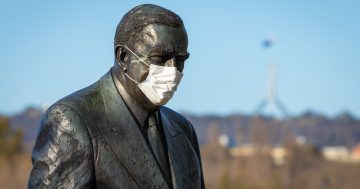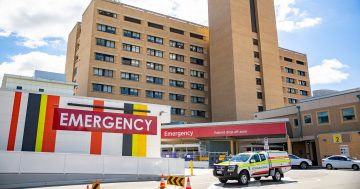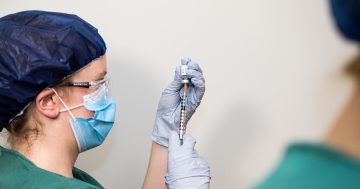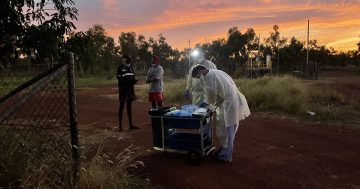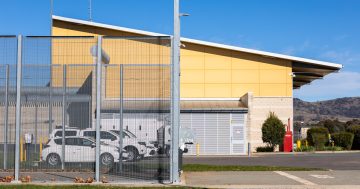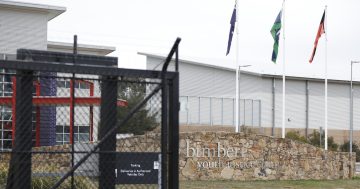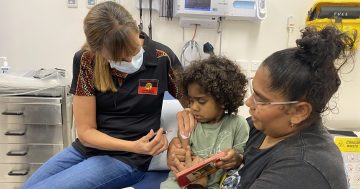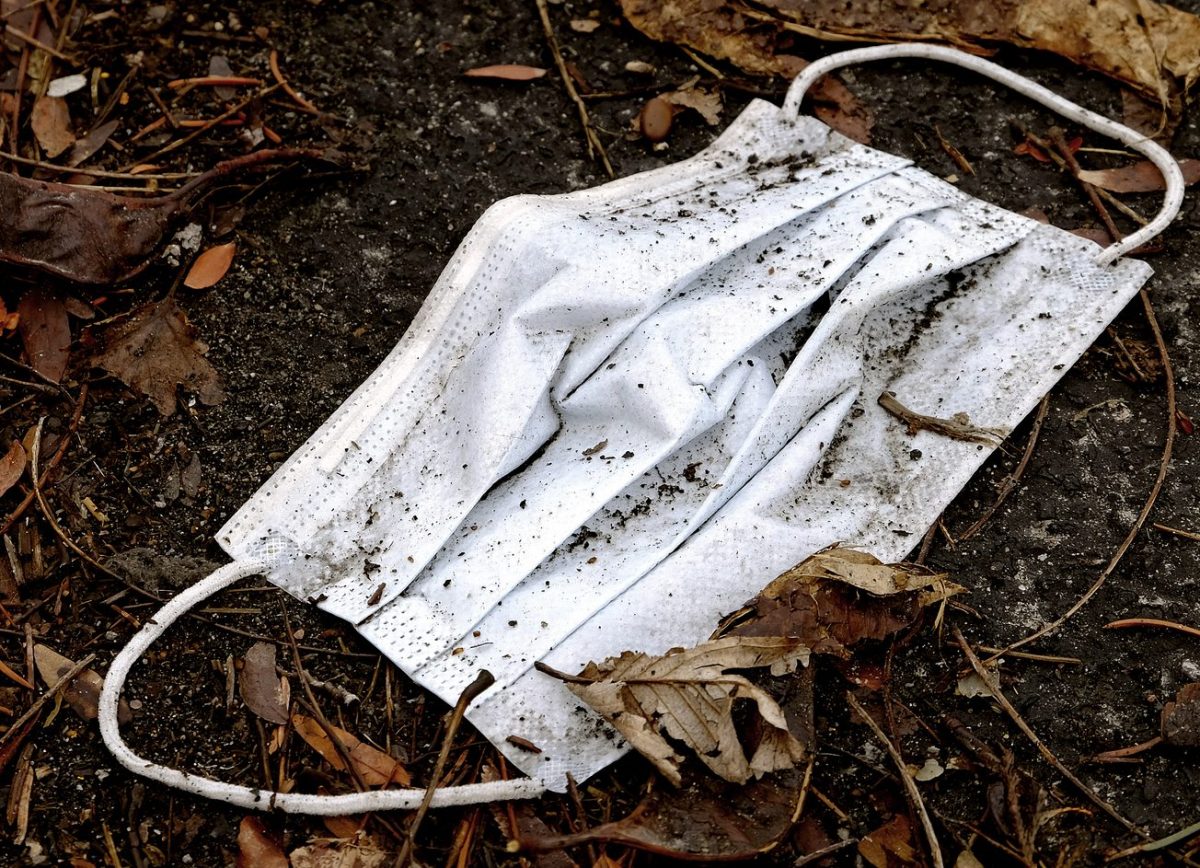
COVID might not have moved on but it seems we have moved on from COVID. Photo: File.
It’s been a strange journey through COVID-land this year.
After the regimented approach to stopping the spread in 2020-2021, this year feels like a sort of wild west, every person for themselves scenario, where we’ve suddenly been left to our own devices to manage our health.
But as I face the prospect of having COVID for the second time this year (I just took my PCR moments before sitting down to write this column, after my dad tested positive a few days after I had dinner with him), I’m feeling a bit disgruntled by the lack of support or advice to follow.
For example, while waiting for my test result, do I isolate and let people know, or go about my business and hope for the best?
Yeah, there’s a vague directive to ‘minimise your activities’ if you’ve had a close contact, but the language is very broad, and realistically, there are far fewer allowances being made by workplaces for people to flexibly work from home or manage their affairs remotely, so it isn’t a straightforward decision for many.
As we all circulate through society with no contact tracing or mask mandates, and daily case numbers continue to stay over 1000, the likelihood of exposure is very high, but we’re just expected to ignore the risk as if the fundamental impact of the virus has changed alongside our attitudes to it.
My mother has a significantly compromised immune system, and in taking her to get a PCR, I was trying to answer her questions about what she should do next, who she should tell about her exposure, and what the rules were.
I realised that the best I could do was advise her to take every precaution for herself and hope for the best – which is what we all have to do now.
So I guess we’re at the point in the pandemic where, even as the virus runs rampant around us, we need to be making individual assessments of our own risk of infection, risk of spreading the virus, and how we want to safeguard our health because we can’t expect direction from government to be in the best interests of public health. Instead, governments are prioritising the best interests of our economic recovery, balanced against health impacts.
And I’m not arguing with that – the economy is obviously very important. People’s good health is quickly diminished by economic strife and we’re still recovering from the long-term impacts of lockdowns, not to mention the additional effect of the war in Ukraine. People are struggling to pay their bills. It’s serious. I get it. There’s no simple solution that won’t significantly affect many of us.
But at the same time, it’s not as though COVID has suddenly changed to better suit our need for mobility to drive economic recovery. And suppose workplaces and other systems aren’t mandated to adjust to allow people to isolate/access support when they do in order to limit the spread of the virus. In that case, we’re just relying on individuals weighing up what’s going to be more detrimental to them – losing income or risking a negative impact from isolating as a close contact to limit the risk of spreading the virus, or having COVID and passing it on because they aren’t able to limit their movements without risking their jobs.
I’ve noticed a sort of impatience seeping through society towards people who are still strictly following hygiene and social distancing measures. I’ve seen a few eye rolls at people wearing masks in public, reports from friends of their bosses being annoyed at their requests to work from home after they’ve been exposed to the virus, and narky comments between people about so-and-so refusing to come to a crowded event or a wedding etc. Yet we’ve got higher case numbers than ever in the ACT, and people are dying and being hospitalised.
The inconsistency is hard to wrap my head around. Are we all officially on our own now when it comes to COVID? Is the whole-of-community response a thing of the past?












